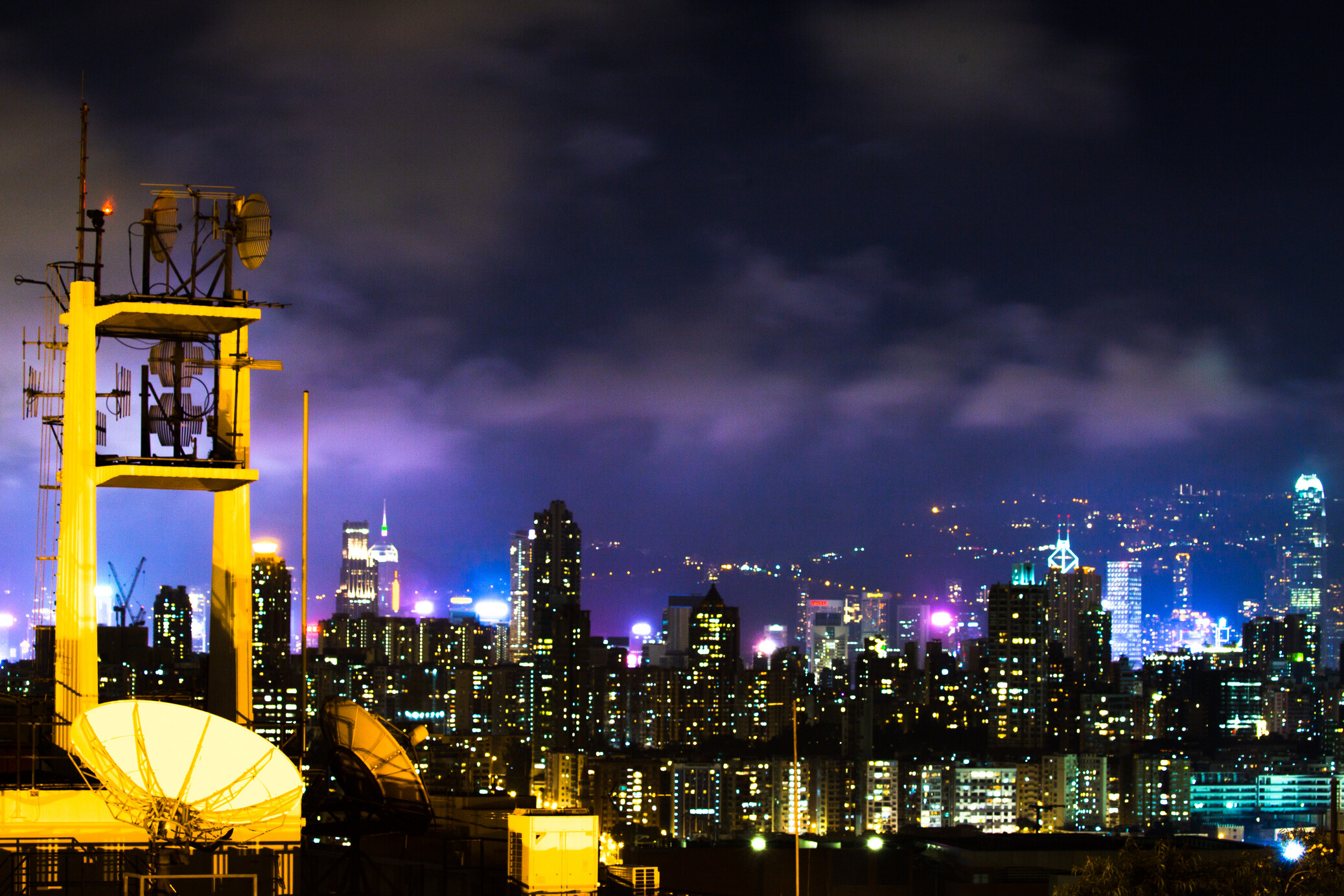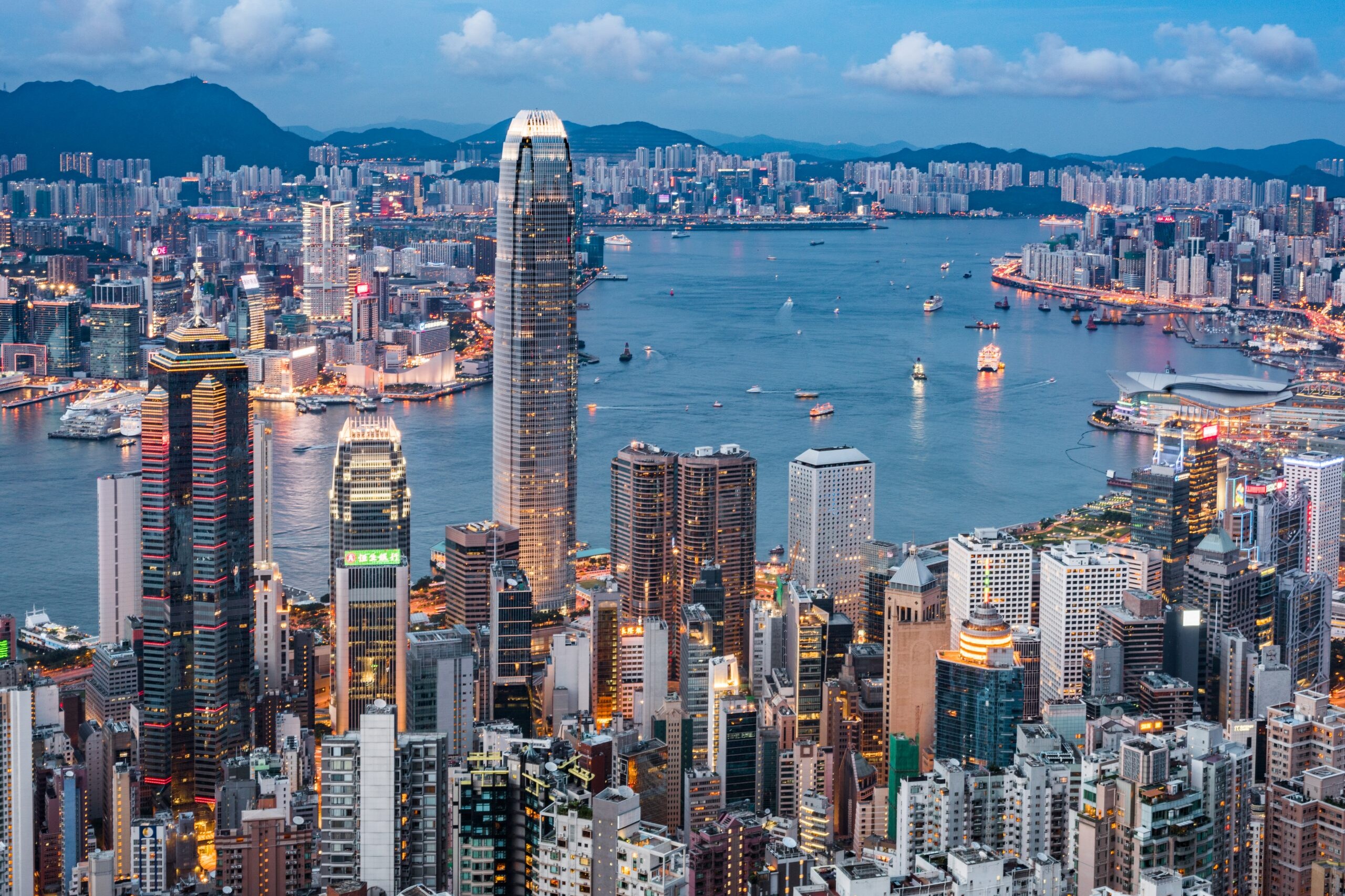From axed programmes to the prosecution of pro-democracy figures, there are troubling times ahead for independent media in Hong Kong, with intensifying pressure from mainland China.
RTHK has been especially affected. The public broadcaster has seen several changes in recent weeks, seemingly emanating from the new Director of Broadcasting, Patrick Li, who took office on 1 March, with no journalistic experience. In the weeks since the former civil servant’s arrival, several RTHK programmes have been cancelled, including episodes of the award-winning television show Hong Kong Connection, Legco Review, and the “contentious” radio show Letter to Hong Kong. These cancellations often occurred at short notice. An episode of Hong Kong Connection is also reported to have not been produced by the team normally tasked to do so, RTHK reported.
Carrie Lam, Chief Executive of Hong Kong, has already applauded Director Li for his axing of RTHK programmes. She said RTHK has rules to follow and must therefore ensure its programmes are in line with the law and the broadcaster’s charter.
“That’s why [Li] has to be very cautious, and I have to recognise what he has done since taking office[;] he has been very conscientious, and doing exactly what I expect from the chief editor of RTHK,” Lam said.
However, Li’s decisions have been less well-received in other quarters: South China Morning Post reports that an “editorial overhaul” is underway at RTHK, driving fear and self-censorship among staff. Worse yet, RTHK has said that staff who worked on axed programmes can be financially liable to recover costs. According to a Hong Kong Free Press (HKFP) report, as public servants RTHK staff are subject to the Public Finance Ordinance, which states that the Hong Kong government can surcharge a civil servant up to half of their monthly salary, pension, or one month’s wages for “improperly incurred expenditure at the time of employment”. Such a policy is a cause for deep concern as it can be deployed as a punishment for critical journalism and further drive self-censorship among staff.
Awards withdrawal
Meanwhile, Li is seemingly distancing RTHK from its previous programmes. Most recently, Apple Daily reports that the new Director of Broadcasting sought to withdraw RTHK’s submissions to journalism awards organised by the Human Rights Press Awards. Submissions to the Society of Publishers in Asia Awards (SOPA) were also asked to be withdrawn. Both withdrawal requests were refused and RTHK subsequently won a Human Rights Press award for a documentary about the Yuen Long thug attack in 2019. However, RTHK has since refused the award and said it would not be accepting further awards from major journalism competitions. RTHK also said it would withdraw its entries from all local and international awards.
The broadcaster maintains that it owns the intellectual property rights of its programmes. Nonetheless, the RTHK Programme Union has urged management to allow staff the right to receive awards. RTHK’s decision to refuse awards and not participate in journalism awards is a marked departure from previous approaches. In the past, RTHK participated in and won several local and international awards.
Clampdown on dissenting voices
In the wider media environment, Hong Kong is seeing a continuing clampdown on dissenting voices. The National Security Law, hastily passed in June 2020 by the Chinese government, has been used as a weapon to crack down on pro-democracy supporters. The law was deployed to facilitate the high-profile arrest of Apple Daily owner, Jimmy Lai, in December 2020. Apple Daily is one of Hong Kong’s most widely read, pro-democracy newspapers. Lai pleaded guilty on Wednesday for participation in an unsanctioned anti-government march in 2019. He faces up to five years in prison. Just last week, Lai was also among a number of defendants who were found guilty in a separate court case over unauthorised assembly.
On Wednesday, Amnesty International said the new National Security Law “greatly stifled” freedoms and human rights in Hong Kong, under the guise of protecting national security and controlling the COVID-19 pandemic.
The pressures facing the Hong Kong media landscape have already begun to impact public trust in the media. There is reportedly a significant decline in the public’s perception of the independence and credibility of Hong Kong’s news media. A survey conducted by the Hong Kong Public Opinion Research Institute shows that overall satisfaction with news media has dropped 18% from March 2020. There was also a significant increase in the public’s belief that Hong Kong’s media are reluctant to criticise local authorities.
The developments at RTHK and across Hong Kong media not only demonstrate the stark impact of Beijing’s ever-increasing influence on media freedom, media independence and the safety of journalists, but also the ability of the public to source trusted and quality news and information. The Public Media Alliance condemns these tactics, which are designed to erode the critical role of public and other independent news media in underpinning informed democracy.
Header Image: Video record for live broadcasts. Hong Kong. Credit: pigphoto/iStock
Related Posts
24th March 2021
RTHK producer on trial amid wider concerns for public broadcaster
An RTHK producer has gone on trial for…
25th February 2021
Hong Kong: Dark month at RTHK suggests a grim future for the public broadcaster
The situation facing public broadcaster…


